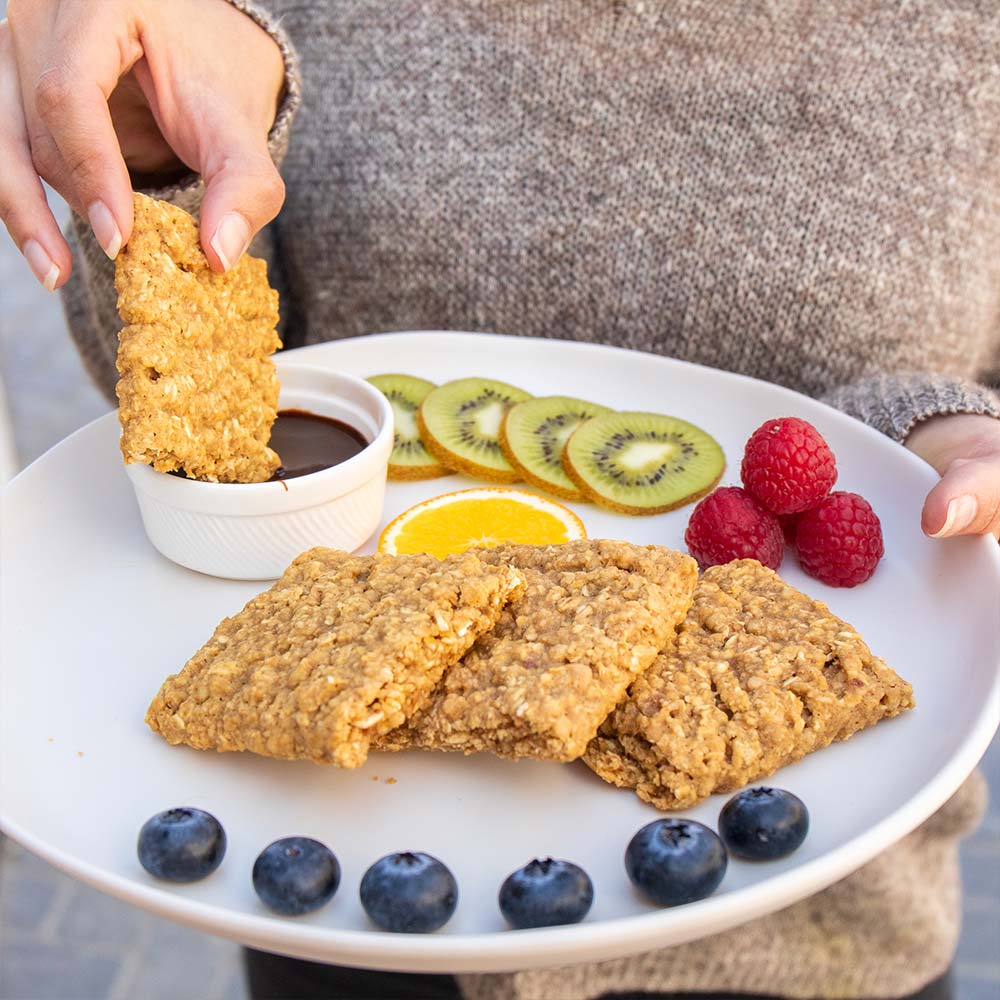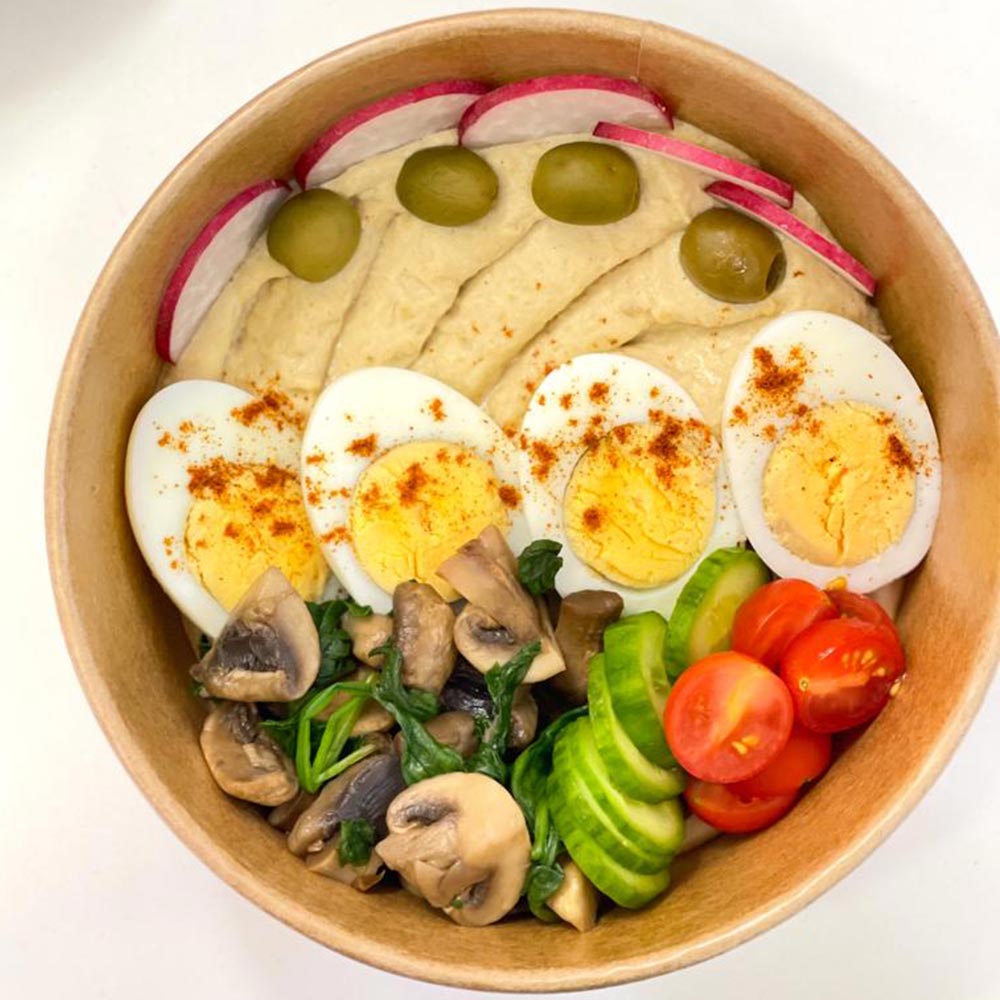Wading through a food allergy and intolerance-driven world
means a drastic change to the way you live because you’re only allowed to eat
gluten and dairy-free. Suddenly, your regular favorite food choices disappear completely, and there is a task at hand to seek out suitable nutrient-filled options excluding two popular food groups. Strategic
planning plus the right guidance yields gluten-free dairy diets that are
possible and highly nutritional.
This guide details which vital nutrients might disappear
from a gluten-free and dairy-free eating plan, teaches readers the
identification of nutrient deficiencies, and provides them with information
about high-nutrient alternative foods. The guide was made to help people thrive
no matter what the reason a person follows a gluten dairy free diet.
Why Gluten-Free and Dairy-Free Diets Can Miss the Mark
Eliminating gluten and dairy flushes out all the normal
nutritional sources from the foods that we habitually eat. Bread and pasta with
cheese and milk, which also contains more than just comforting foods, are part
of nutritious foods containing B vitamins and calcium, among other things,
including vitamin D and protein.
People who do not have gluten-free dairy-free diet planning
will risk nutritional deficiency that affects:
- Calcium
- Vitamin D
- Vitamin B12
- Iron
- Magnesium
- Protein
- Zinc
- Omega-3 fatty acids
To reach fully nourished health without gluten or dairy,
people have to locate their nutrient sources and find suitable alternative
foods.
Essential Nutrients to Prioritize and Where to Find Them
1. Calcium
Most people derive most of their calcium from dairy products
and do not have to compromise bone health when they give up dairy products.
Dairy-free calcium sources include:
- Fortified plant milks (almond, oat, soy, rice)
- Kale, bok choy, broccoli
- Almonds, tahini
- Chia seeds
- Figs
- Tofu (especially calcium-set tofu)
The daily goal should be 1,000 mg (more for certain age
groups and for gender needs). Choose products that state calcium fortified.
2. Vitamin D
When absorbed with the calcium minerals that it is found in
limited amounts in food, vitamin D benefits from the absorption because it’s in
such small amounts in food. The main sources of vitamin D are fortified dairy
products and sunlight.
Those who need both gluten-free and dairy-free supplements
should use vitamin D (D3 specifically) in areas where sun exposure is limited.
You can also turn to:
- Fortified non-dairy milk and cereals
- Mushrooms exposed to sunlight
- Fatty fish (salmon, mackerel, sardines)
3. Vitamin B12
B12 is an important compound necessary for two cellular
energy processes and the making of blood cells. The main sources of this
vitamin are animal products plus gluten-based grains that are fortified with
this and deficiency symptoms include fatigue as well as neurological
complications.
Get B12 from:
- Fortified gluten-free cereals
- Nutritional yeast (look for B12-fortified versions)
- Eggs, meat, poultry, and fish (if not vegan)
- B12 supplements
4. Iron
However, the mineral substance called iron, helps your body
distribute oxygen in the body. Animal food sources are high iron sources as
they provide iron in high bioavailability, whereas some whole grains and dairy
products contain iron.
Dairy-free nutrient sources of iron:
- Red meat, liver
- Lentils, beans, chickpeas
- Spinach, quinoa, pumpkin seeds
- Molasses
- Fortified gluten-free breads and cereals
Vitamin C foods, such as bell peppers, oranges and
strawberries, eaten with iron-rich foods increase iron absorption in your body.
5. Magnesium & Zinc
Consumption of these minerals helps the immune function and
the relaxation of the muscles, as well as other bodily processes. Dairy and
whole grains will provide your body with a consistent supply of nutrients, but
they can be replaced with other kinds of food.
Magnesium sources:
- Avocados, bananas
- Dark chocolate
- Leafy greens, legumes, nuts, seeds
- Brown rice, gluten-free oats
Zinc sources:
- Shellfish, beef, and chicken
- Lentils, chickpeas
- Pumpkin seeds, cashews
6. Protein
Dairy products that are eliminated also make inaccessible
protein sources such as milk and cheese as well as yogurt. When one is on a
gluten-free diet, it becomes necessary to develop other protein sources for
good nutrition.
Gluten-free dairy-free protein options:
- Eggs
- Poultry, fish, lean red meat
- Tofu, tempeh
- Legumes, beans, lentils
- Nuts, seeds, and nut butters
- Protein powders made from peas, rice, or hemp
Smarter Supplementation Strategies
No amount of best planned menu can combat all the gaps that
are bound to crop up. People who decide to embark on a gluten and dairy-free
eating plan need nutritional insurance, and what can give it are calcium,
vitamin D, B12 and omega-3s in supplements. Check to see if the supplement
labels indicate any hidden allergens, and indeed, verify through the product
has acquired gluten-free certification.
Crafting a Balanced Gluten Dairy-Free Diet
Substituting these items with nutritious replacement foods
that sustain energy levels and help keep immunity and digestive wellness are
part of the process of eliminating gluten and dairy. The next step in creating
a good dietary plan is the following process:
- Diversify your plate with a rainbow of fruits and
vegetables.
- Rotate grains like quinoa, brown rice, millet, and
gluten-free oats.
- Lean into legumes and plant-based proteins for fiber and
iron.
- Use healthy fats from avocado, olive oil, seeds, and nuts.
- Prioritize fortified foods when possible.
Until this point, it should make you want to make a food
journal or use a food tracker to keep track of your food consumption.
Final Thoughts
The gluten-free dairy-free lifestyle is the replacement to
restrictive diets that expose you to brand new nutritional possibilities. Your
knowledge grants you the ability to make meals that aid in healing, provide
energy and have complete nutritional value because you know all about essential
nutrients in gluten free dairy free diets.
The key to nutrition plans that fit your body instead of
following generic dietary guidelines is through the road of self-knowledge to
what is nutritionally right for you. It’s the significance of every bite
towards finding suitable dairy-free alternatives to sources of calcium and
gluten-free dairy-free supplements.
Eating allergen free at its best helps people to develop
their listening abilities by adapting their diet to the true nourishment. A
balanced diet is one in which we intentionally add but not take away foods.






























